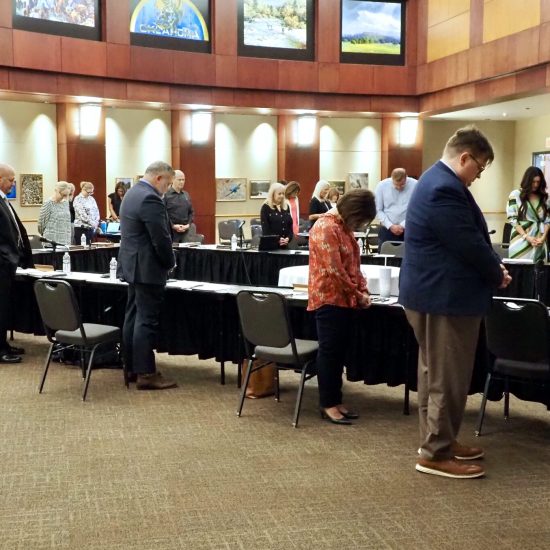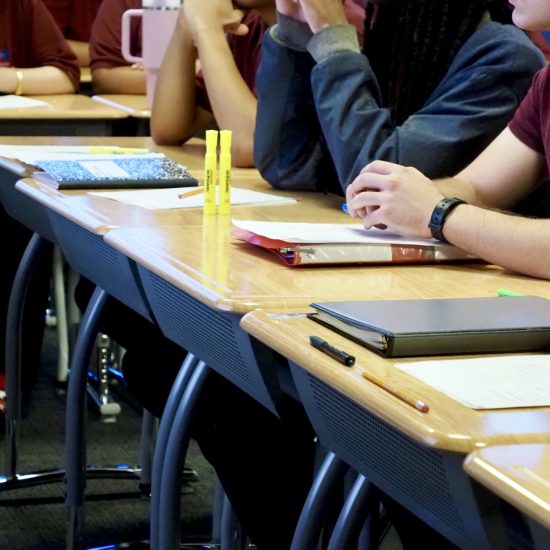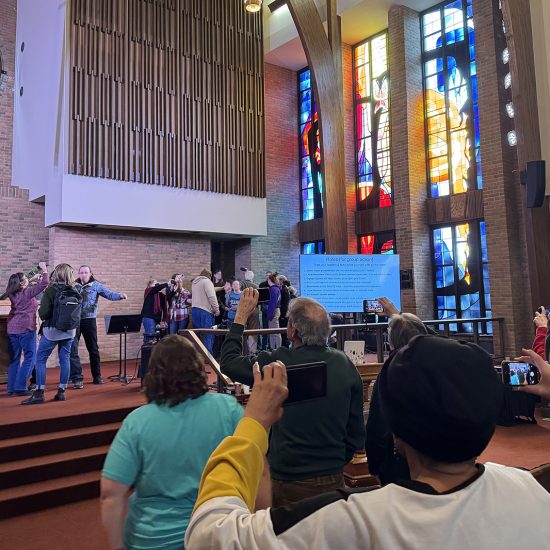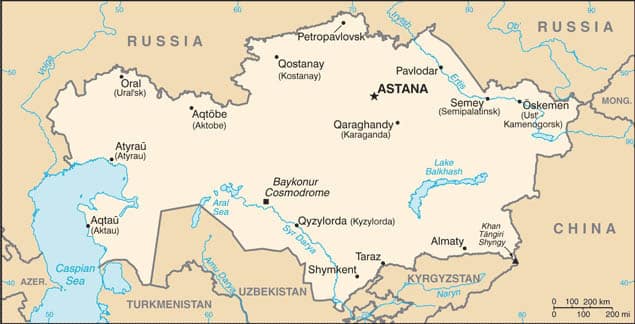
Baptists in the Central Asian nation of Kazakhstan have long faced persecution from their government. Now, Kazak officials are using coronavirus restrictions to again target a Baptist church.
As of June 8, more than 7.1 million people globally have been infected with the COVID-19 respiratory disease caused by coronavirus, and more than 407,000 have died. In Kazakhstan, more than 12,800 people have tested positive, and 56 have died. This puts their infection rate at 685 per one million people, and their death rate at three per one million. By comparison, the U.S.’s infection rate is 6,115 per one million people, and the death rate is 341 per million.
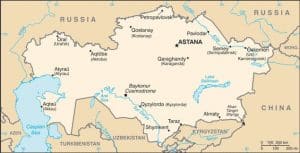 With coronavirus first confirmed in Kazakhstan on March 13 with two citizens who returned from Germany, the nation quickly acted to reduce infections. On March 15, President Kassym-Zhomart Tokayev declared a state of emergency due to the pandemic, which included a ban on public meetings. That lasted until May 11, at which point some restrictions started to ease.
With coronavirus first confirmed in Kazakhstan on March 13 with two citizens who returned from Germany, the nation quickly acted to reduce infections. On March 15, President Kassym-Zhomart Tokayev declared a state of emergency due to the pandemic, which included a ban on public meetings. That lasted until May 11, at which point some restrictions started to ease.
On March 29, police in the northeastern Kazakh city of Pavlodar raided a Baptist church during Sunday worship and charged its pastor, Isak Neiman. He received a warning from the charge of violating anti-coronavirus health measures, but he was fined on the second charge of leading a worship meeting of an unregistered religious community. The fine was equal to nearly two months of the average salary in the nation.
According to Forum 18, which monitors religious freedom violations in various nations, seven police officers arrived at the church while about 300 members gathered for worship. Although the officers said they were looking for violations of the coronavirus health measures, they only issued a warning related to that rule. At a hearing the day after the raid, Neiman said he was unaware of the regional ban on mass gatherings and promised to not hold them again until the health restrictions are lifted.
On April 20, the court heard the case in the second charge against Neiman, which was unrelated to coronavirus restrictions. Neiman argued in the hearing that the demand he officially register the congregation with authorities violated both the nation’s constitution and the Bible. And while the church has met for decades without registering, they hadn’t been fined or raided for years until the coronavirus restrictions.
“Our church hasn’t been raided since the 2000s,” Neiman told Forum. “We had lots of raids then. But other churches in Ekibastuz and Semey have been raided in recent years.”
Baptist churches in Kazakhstan have long adopted a policy of civil disobedience by refusing to pay fines for failing to register with the government. Some Baptist pastors who have refused to pay fines have subsequently been banned from leaving the nation.
“We usually don’t pay such fines,” Neiman explained, “as that would be to admit we’re guilty, that the punishments are justified.”
However, since Neiman receives a pension, the government will likely take the fine directly from that. He appealed the fine, but his challenge was rejected on May 28.
According to Forum 18, there were at least 167 cases in 2019 of Kazak authorities interfering with freedom of religion or belief, which led to 144 convictions. Faith communities particularly targeted include Baptists, Muslims, and Jehovah’s Witnesses. Charges included holding unregistered religious meetings, distributing religious materials, sharing one’s faith, and other alleged violations. The nation of 18 million people is about 70% Muslim, 25% Christian (mostly Eastern Orthodox), and 4% unaffiliated. There are nearly 300 Baptist congregations with more than 10,000 members.
Shane McNary, a field personnel in Slovakia for the Cooperative Baptist Fellowship, told Word&Way this latest case in Kazakhstan echoes harassment previously seen in that nation. McNary serves as chair of the Freedom & Justice Commission for the European Baptist Federation, a regional group that includes Baptists in Europe, Central Asia, and the Middle East. McNary also represents the Baptist World Alliance on issues of international freedom of religion or belief.
“This type of harassment of unregistered and even registered religious meetings is not uncommon in this part of Kazakhstan,” McNary explained. “Using the COVID-19 pandemic as a pretext for cracking down on these meetings in many ways is unnecessary given the government’s constant knee on the neck of religious groups there.”




